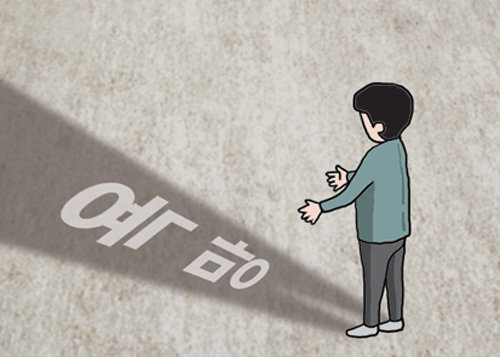Desire-driven spending
Desire-driven spending
Posted May. 11, 2020 07:30,
Updated May. 11, 2020 07:30

The Silk Road used to be a path of luxury items such as silk, jewelry, pigments, fur, horses and tea, all of which alike were enjoyed by the rich who wanted to show off their wealth and social status. Those on top of the social ladder regarded such extravagant spending as a way to differentiate from the lower. Only fancy items were transported via the Silk Road, which may make some sense because people had to risk their life to trade under threat from harsh weather conditions, savage beasts and merciless muggers as recently as in modern times. It would not have been worth life if merchants had travelled thousands of kilometers in the face of life-threatening dangers merely to sell cheap bamboo artifacts. In this sense, it is safe to say that the driving force of trade comes from desire rather than from need.
Desire has often been seen as a word with negative connotations throughout history. That is why people struggled to oppress a strong feeling of want and desire. Let’s take silk. With silk-made clothes highly in fashion, the ancient Rome prohibited wearing silk by law, citing that wearing clothes in the figure-hugging material is no different from being naked and it shakes the foundations of marital relationships. However, it turned out that desire was not defeated by such oppression in that silk still remained popular even after the demise of the Roman Empire.
Only humans have a strong sense of want and wield purchasing power to acquire an object of desire. Thanks to common people with greater purchasing power, the focus of trade was shifted from exclusive goods to universally used items. Stronger purchasing power enabled the normal people to materialize their desire and show who they are. It may sound ironical that the practice of abstinence shaped a separate field of industry in the modern era. At a time when an ordinary Joe has money to buy desired goods to make himself stand out, avoidance of spending can be seen as another way of differentiation. In other words, abstinent lifestyles derive from desire as well. No matter what, all of this makes it all the clearer that we humans are guided by our desire.
Eun-Taek Lee nabi@donga.com







